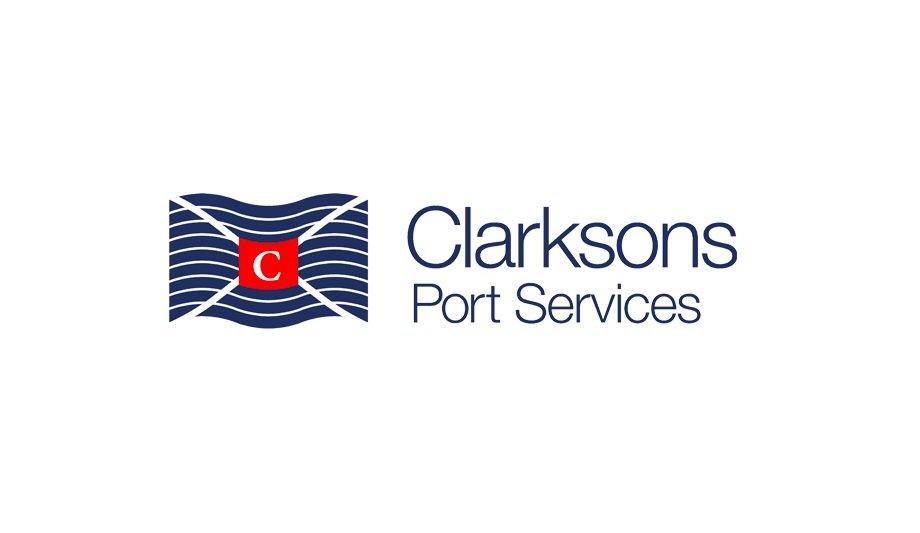Clarksons Port Services (CPS) is advising businesses not to panic if they have outstanding supplementary declarations following the 175 day cut-off and they can still be completed.
Supplementary declarations must be made after a business has completed an entry in its records or a simplified frontier declaration. However, if a business is bringing uncontrolled goods into Great Britain, it may be able to declare the goods by entering them in its records without getting authorisation in advance and by making supplementary declarations up to 175 days after the date the goods were imported.
Simplified frontier declaration
This applies if businesses:
- Brought goods from EU free circulation into free circulation in Great Britain between 1 January 2021 and 31 December 2021.
- Bring goods from free circulation in Ireland (including goods that started their movement in Northern Ireland) into free circulation in Great Britain, from 1 January 2022.
- Bring goods that need to be declared from Northern Ireland (including goods that started their movements in Ireland) into free circulation in Great Britain, from 1 January 2022.
Customs clearance solutions
Due to the changes implemented following Brexit, CPS has increased its customs clearance solutions to help businesses navigate the changes which included seeing UK customs authorities requiring full customs declarations to be completed to allow shipments across the border.
The changes brought about by Brexit has left many businesses under prepared"
Christopher Ewings, Customs Clearance Manager at Clarksons Port Services, comments: “The changes brought about by Brexit has left many businesses under prepared and potentially intimidated by the additional paperwork required. We want to reassure businesses that Clarksons has the expertise to guide them through the process of making supplementary declarations and our team is always on hand to answer any questions they might have.”
Creating additional costs
A recent Public Accounts Committee report ‘EU Exit: UK Border post transition’ concluded that the controls for the movement of goods from Great Britain to the EU have created additional costs for businesses and affected trade flows, it calls for the government to identify these costs and opportunities to minimise them. The report also recommends the government needs to address “The immediate delivery and readiness risks in introducing import controls, and to have a border in place which is operating effectively without further delays or temporary measures.”
Christopher continues: “Customs offering is required by everyone in the UK and EU and all importers, whether large or small, need experienced customs brokers to help with imports and exports. Mistakes can be costly and we are here to make that process simpler and stress-free.”











